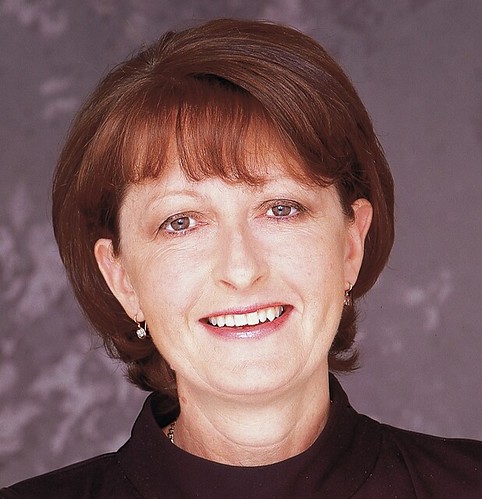Colleges vie for divine right to patients
The tragic and widely-reported death of a Melbourne woman last week three days after liposuction predictably attracted calls for regulation of what's been unkindly dubbed 'the vanity industry'.
Twenty six year old Lauren James had undergone a same-day thigh and buttock procedure at the Centre of Cosmetic and Plastic Surgery in Caulfield North , and the case, now before the Coroner, has prompted the usual suspects to pronounce they're the only College qualified to perform such procedures.
For example, Dr Norm Olbourne, a spokesman for the Australian Society of Plastic Surgeons, says "doctors performing cosmetic surgery should be members of the Fellowship of Royal Australasian College of Surgeons".
But the doctor in this case, Dr Tam Dieu, is a plastic and reconstructive surgeon according to the Medical Directory. and according to the Centre's website its chief surgeon, Dr Gerard Sormann, is a fellow of the RACS with a long and distinguished career in cosmetic and plastic surgery. The facility is registered with the Victorian Department of Human services.
It's no wonder the punters are confused about who should do what
A Choice article a few years back highlighted the problem, listing the organisations claiming to train and represent doctors performing cosmetic surgery in Australia:
Australia Society of Plastic Surgeons, a sub-speciality of Royal Australasian College of Surgeons;
Australian College of Cosmetic Surgery;
Royal Australian College of Ophthalmologists, a sub-speciality of the Royal Australasian College of Surgeons;
Australian Society of Otolaryngology/head and Neck Surgery, a sub-speciality of the Royal Australasian College of Surgeons;
The Royal Australian College of Surgeons;
Australasian Society for Aesthetic Plastic Surgery;
Australasian Academy of Facial Plastic Surgery;
Australasian College of Dermatologists;
Cosmetic Physicians Society of Australia; and
Sclerotherapy Society of Australia.
According to its website, fellows of the The Australasian College of Cosmetic Surgery must have three years basic surgery training and a further two years specific cosmetic surgery training. Doesn't sound so bad to me.
So to set the record straight, today 6minutes emailed the various Colleges requesting details about their training requirements.
We'll publish all responses.
And can we please put to rest the ridiculous claims that doctors working exclusively in cosmetic medicine or surgery can be 'general practitioners'? Whatever you might call them, general they ain't.
Twenty six year old Lauren James had undergone a same-day thigh and buttock procedure at the Centre of Cosmetic and Plastic Surgery in Caulfield North , and the case, now before the Coroner, has prompted the usual suspects to pronounce they're the only College qualified to perform such procedures.
For example, Dr Norm Olbourne, a spokesman for the Australian Society of Plastic Surgeons, says "doctors performing cosmetic surgery should be members of the Fellowship of Royal Australasian College of Surgeons".
But the doctor in this case, Dr Tam Dieu, is a plastic and reconstructive surgeon according to the Medical Directory. and according to the Centre's website its chief surgeon, Dr Gerard Sormann, is a fellow of the RACS with a long and distinguished career in cosmetic and plastic surgery. The facility is registered with the Victorian Department of Human services.
It's no wonder the punters are confused about who should do what
A Choice article a few years back highlighted the problem, listing the organisations claiming to train and represent doctors performing cosmetic surgery in Australia:
Australia Society of Plastic Surgeons, a sub-speciality of Royal Australasian College of Surgeons;
Australian College of Cosmetic Surgery;
Royal Australian College of Ophthalmologists, a sub-speciality of the Royal Australasian College of Surgeons;
Australian Society of Otolaryngology/head and Neck Surgery, a sub-speciality of the Royal Australasian College of Surgeons;
The Royal Australian College of Surgeons;
Australasian Society for Aesthetic Plastic Surgery;
Australasian Academy of Facial Plastic Surgery;
Australasian College of Dermatologists;
Cosmetic Physicians Society of Australia; and
Sclerotherapy Society of Australia.
According to its website, fellows of the The Australasian College of Cosmetic Surgery must have three years basic surgery training and a further two years specific cosmetic surgery training. Doesn't sound so bad to me.
So to set the record straight, today 6minutes emailed the various Colleges requesting details about their training requirements.
We'll publish all responses.
And can we please put to rest the ridiculous claims that doctors working exclusively in cosmetic medicine or surgery can be 'general practitioners'? Whatever you might call them, general they ain't.




